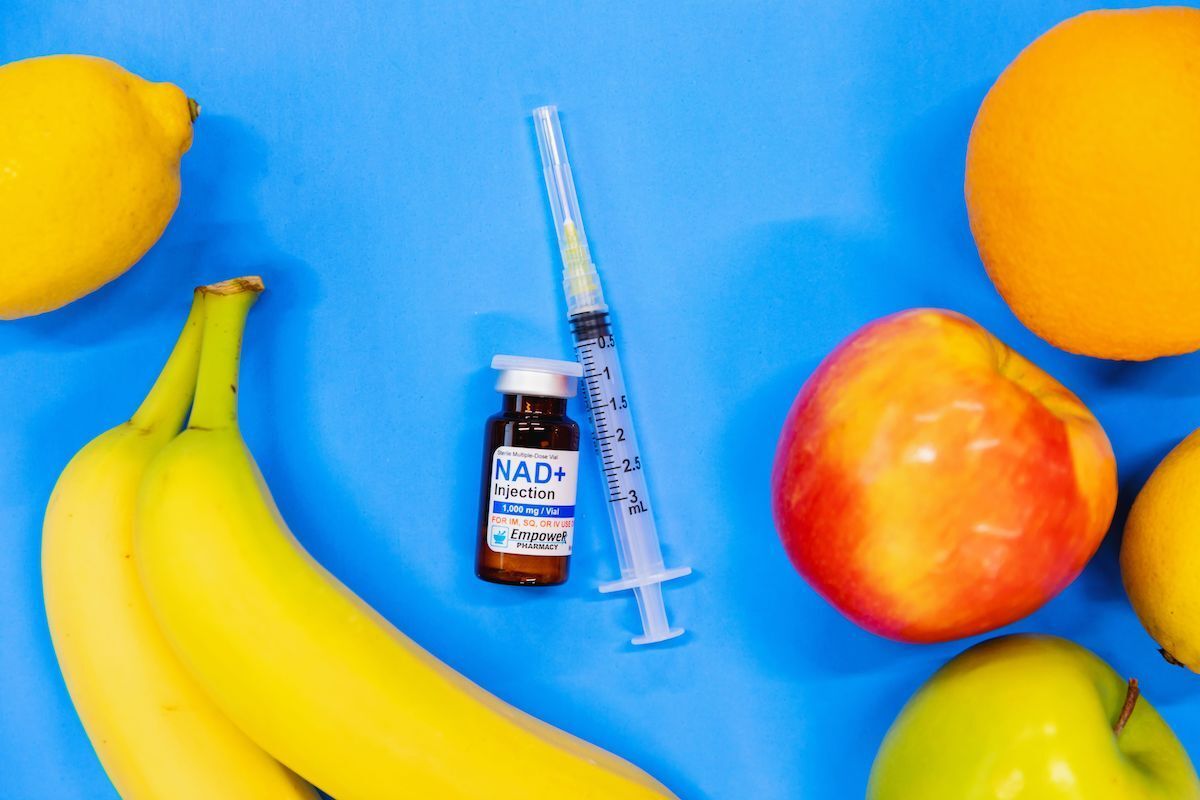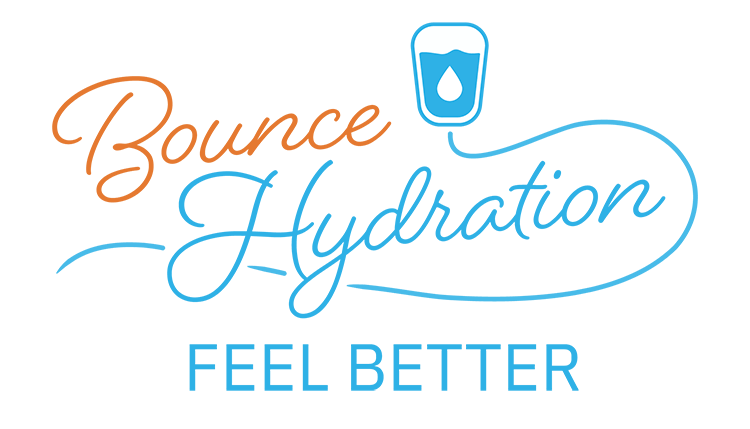6 Ways to Beat the Winter Blues
Roughly 14% of Americans experience the winter blues and about 6% report symptoms of the more serious Seasonal Affective Disorder (SAD). Even if you’re not prone to a depressive slump in winter, decreased sun exposure and increased time indoors can still pose a threat to your overall wellness. These tips will help you feel your best this winter.
1) Eat a Balanced Diet
It’s easy to let healthy eating habits slide during the coldest months of the year. If you find yourself reaching for carbs and skipping the gym, you’re not alone. A study at the University of Exeter suggests that humans evolved to overeat and retain fat during winter, when starvation was most likely. Most people no longer face seasonal threats to survival, but the subconscious urge to over-consume remains powerful – an urge compounded by the high levels of sugar, salt, and fat in contemporary diets.¹
There are a number of other reasons nutrition tends to suffer during winter. We’re often dehydrated, and dehydration cues can be mistaken for hunger. Indeed, we sweat just as much during winter as we do during summer, thanks to dry indoor heating and extra layers of clothing. Seasonal doldrums can also encourage overconsumption of foods that stimulate the brain’s pleasure center.
To combat evolution, dehydration, and the winter blues, make sure to eat balanced meals full of seasonal ingredients. A good rule of thumb is to try to incorporate every color of the rainbow – bright orange carrots and squashes, minty green cabbage and fennel, blood-red beets, and winter-white cauliflower.
2) Support Your Digestive System
Digestive health is especially important in winter. The connection between gut and brain health² may not be immediately clear, so let’s break it down. Scientists are just beginning to understand the way in which your “second brain” – the Enteric Nervous System (ENS) that lines the walls of your gastrointestinal tract – communicates with the brain atop your shoulders. When the bowels become irritated, your ENS sends signals to the Central Nervous System (CNS) that can trigger mood changes.
As a result of the gut-brain connection, it’s easy to get caught in a winter blues cycle: the cold weather and low light cause you to crave comfort foods (and lots of them), but those low-fiber comfort foods are likely to irritate your digestive system, which registers its discomfort in the ENS, which sends pain signals to your CNS, which in turn exacerbates your winter blues. To break the cycle, be sure to consume plenty of fiber – women (up to age 50) need approximately 25 grams per day and men (up to age 50) need about 38 grams per day.³ You can get your fiber from seeds, grains, and legumes like quinoa, farro, bulgur, lentils, and beans. Vegetables, nuts, berries, and yogurt are also excellent sources of fiber.
No digestive care routine is complete without attention to the gut microbiome. Trillions of microorganisms – such as bacteria, viruses, fungi, and other microscopic organisms – live in your gut, and each of the roughly 1,000 different species that call your body home play an important role in your health. Some species of bacteria help produce neurotransmitters such as serotonin, an essential mood regulator. Neurological health is thus dependent upon digestive health. There are tons of supplements on the market that claim to facilitate a healthy gut microbiome. Look for products that contain pre-, pro-, and post-biotics – these are like fertilizer for the garden that is your microbiome.
3) Consume the Right Nutrients
Maintaining proper nutrient levels is always important, but the consequences of depletion in winter can be particularly unpleasant. To avoid the winter blues, make sure you’re getting enough of these key vitamins and minerals (a blood test can tell you your exact areas of deficiency):
- Vitamin D: Roughly 40% of Americans are vitamin-D deficient year-round⁴, but it’s especially difficult to maintain adequate levels during winter, when direct exposure to UV rays is limited. A lack of vitamin D is associated with depression and immune system weakness.
- Omega-3 Fish Oil: Omega-3 fatty acids DHA and EPA have also been connected to mood. They play an important role in proper brain function and can have a serious impact on your emotional health.
- Vitamin B-6: This vitamin is essential for optimal nerve function. Vitamin B-6 deficiency has been associated with mood changes such as irritability, anxiety, and depression.
4) Chase the Sunshine
It’s tempting to avoid the outdoors altogether when temperatures drop, but insufficient UV exposure is one of the primary reasons people experience the winter blues. Sunlight has been shown to improve your mood by boosting the production of serotonin, a mood-regulating hormone. Moreover, direct exposure to sunlight is necessary for the process of vitamin D synthesis that occurs when ultraviolet B (UVB) rays make contact with the cholesterol in skin cells. Low vitamin D levels have been linked to significant health issues, such as osteoporosis, cancer, muscle weakness, and depression.
It’s important to note that UVB rays can’t penetrate windows. So even if your desk is situated near a window, you won’t enjoy the benefits of natural vitamin D synthesis unless you make time to go outside. If you’d rather avoid the elements, light therapy lamps can also be an effective way to increase your exposure to UVB rays.
5) Get Enough (But Not Too Much) Sleep
Do you notice yourself feeling sleepier than usual during the winter months? There’s a good reason for your lethargy. The sleep-wake cycle is regulated by melatonin, a hormone released in response to changes in light exposure. Shorter days and less intense sunlight cause your body to produce more melatonin, which can disrupt your circadian rhythm and make you feel sleepier earlier in the evening.
While it’s important to get enough sleep – every aspect of wellness depends on it, including proper mood and immune function – disrupting your circadian rhythm with excessive amounts of sleep can actually have a negative impact on your mood by encouraging the overproduction of melatonin. Try to adhere to a consistent sleep schedule, and resist the urge to hibernate. Ideally, your sleep schedule in winter should be no different than your summertime routine.
While you can’t neutralize the effects of a glutamine rebound, you’ll feel better if you get as much sleep as possible after overindulging in alcohol. The only way to fully recover is to get quality, uninterrupted sleep the night after your big night out.
6) Support Your Immune System
In our post-Covid world, we’ve all become more aware of the importance of strong immunities. It’s especially crucial to support your immune system in winter, when increased time indoors promotes the spread of all kinds of illnesses. In addition to the right nutrition – fresh fruits, vegetables, and leafy greens – you can also rely on certain supplements to keep your immune system in fighting shape. Omega-3 fatty acids, which are found in fatty fishes like salmon, tuna, and sardines, have been shown to not only support your immune system, but also healthy cholesterol levels, blood pressure, and liver function. If you’re not a fan of fish, you can take fish oil in pill form to maintain optimal Omega-3 levels.
Zinc has also been shown to shorten the length of the common cold and the severity of symptoms. Taking a zinc supplement as a preventative measure can ensure you’re ready when cold symptoms arise.
Regular IV Drip Therapy Can Help
If you’re feeling blue this winter, consider adding IV drip therapy to your wellness routine. It’s a fantastic way to hydrate , maintain sufficient nutrient levels, and support your immune system.
Sources:
Share with Your Friends and Family!











